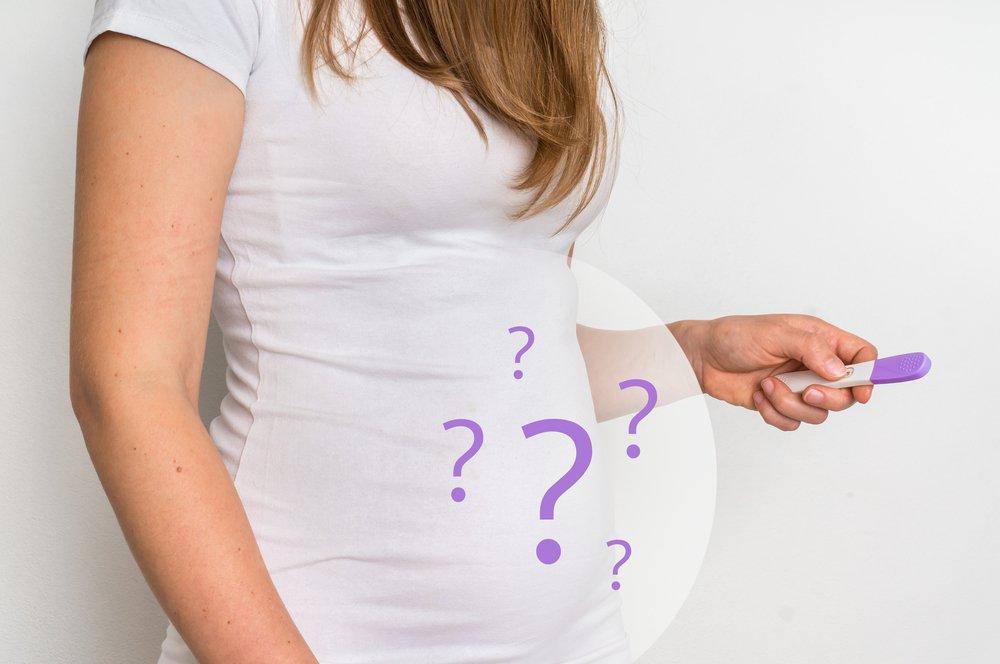
More and more scientists today come to the conclusion that the mental state of patients and especially their psychological and psycho-emotional characteristics have a huge impact on fertility and, accordingly, on the result of infertility treatment.
As a result of a large number of studies in which the physical cause of infertility could not be clarified, it was concluded that emotional stress is the leading cause of such infertility in women. In particular, a high level of anxiety in relationships, work, finances provokes violations in the reproductive sphere.
It has also been established that “inexplicable” infertility may be associated with conflict childhood, various social factors, unsuccessful family relationships, fear of pregnancy, motherhood, fear of childbirth and postpartum psychosis, the contradiction between the desire for professional activity and motherhood.
Often this leads to apathy and depression, which may be unconscious (subclinical)
The average "types" of women suffering from infertility are described:
1) immature, sensitive, choosy women, childishly capricious towards her husband and prone to functional disorders;
2) aggressively - dominant women who do not recognize their femininity;
3) women with the role of a mother who transfer their maternal instinct to their husband;
4) women who have devoted themselves to a career or other emotional interests.
In other words, a woman suffering from infertility most often either consciously rejects the maternal and female role in general, or is completely unprepared for it.
Lack of understanding of the psychological causes of infertility leads to secondary psycho-emotional disorders. Painful fixation on one's own infertility, an obsession with the idea of motherhood, combined with high excitability, form a reproductive inferiority syndrome, as a result of which further disorders of the psycho-emotional and sexual spheres occur.
In a situation of infertility, many women see the only hope in in vitro fertilization (IVF). However, in this state, the body is not very capable of a full-fledged pregnancy, whether it is a self-conceived fetus or artificially introduced. There is scientific evidence that chronic stress significantly increases the likelihood of a negative outcome of the IVF procedure, as well as complications during pregnancy and miscarriages.
The developing fetus is very sensitive to changes in the internal (maternal) and external environment that occur during important periods of cell reproduction, differentiation and maturation. If a pregnant woman is under stress, various disorders occur in her body, which undoubtedly affects the child, creating his predisposition to subsequent diseases. American scientists even formed a hypothesis on the dependence of health and disease on the characteristics of individual development (DOHAD), according to which an increased risk of diseases in adulthood arises from an unfavorable intrauterine environment.
That is why, with infertility, it is necessary to undergo a psychological examination and with the help of psychotherapy to eliminate those sources of stress (psycho -trauma and conflicts) that adversely affect the reproductive system.
A good complementary non-drug treatment is transcranial electrical brain stimulation (TES). It has a positive effect on the processes of reparation and an increase in the psychophysiological status of a person, reduces anxiety and depression.
A promising treatment for psycho-emotional imbalance caused by chronic stress is infusion treatment with ketamine. Combining psychotherapy with ketamine infusions, transcranial electrical stimulation, rehabilitation of the brain "Neurohelp", body-oriented therapy and art therapy, a significant improvement in the health of patients can be achieved.
